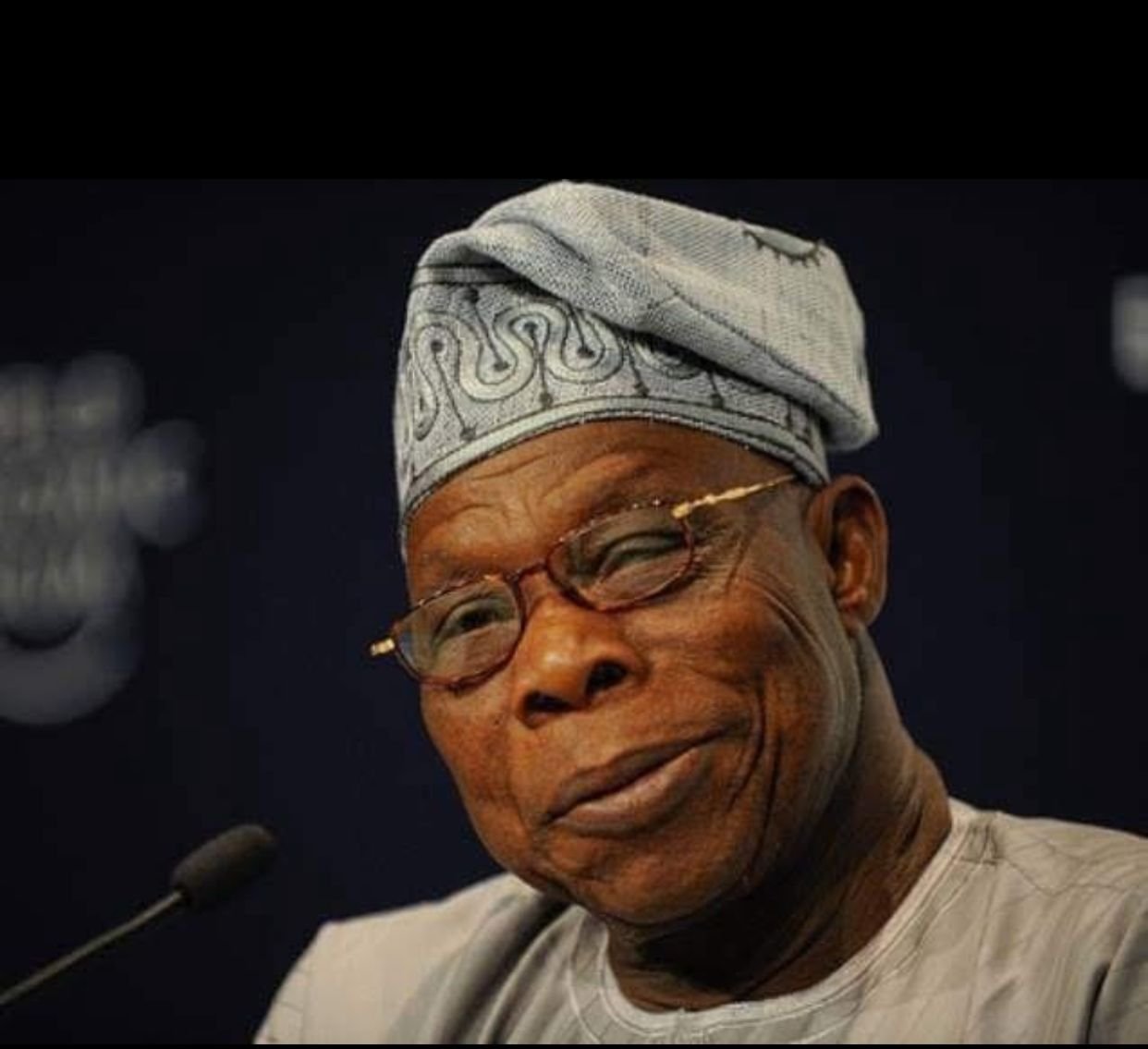Former Nigerian President Olusegun Obasanjo has called on African leaders to establish a dedicated health fund to boost the continent's health security and reduce reliance on foreign aid.He made the call at the African Health Sovereignty Summit held in Accra, where he urged African governments to take bold steps to solve their health challenges without waiting for external help.He commended leaders like Ghana's President John Dramani Mahama, and Rwanda's President Paul Kagame for championing health reforms across the continent.He acknowledged former UK Prime Minister Gordon Brown for his continued support.Mr.
Obasanjo stressed that while the road ahead was difficult, Africa had survived major health crises before, including Ebola, HIV/AIDS, and COVID-19, and now was imperative to shift focus from surviving emergencies to building lasting solutions.He called for greater use of traditional medicine at the community level, noting that a significant number of pharmaceutical drugs are derived from herbs.He said many of the herbs found in African villages remain underutilized despite their medicinal value.At the national level, he encouraged countries to expand health insurance coverage and allocate a portion of these funds to strengthen health infrastructure and systems.On a continental scale, he proposed the creation of an Africa Health Fund, modeled after the African Union's Peace Fund.He referenced how the AU was able to release $1 million swiftly for mediation efforts in the DR Congo and Rwanda, without waiting for donor support.As part of funding ideas, he suggested a small levy on international flights entering or leaving Africa, to support the fund.Mr.
Obasanjo emphasised that Africa did not need charity but fair partnerships.He urged leaders to pursue a future where Africa achieves "health without aid" through strong collaboration, unity, and African-led strategies.The African Health Sovereignty Summit, held on August 5 in Accra, brought together heads of state, policymakers, and global health actors to push for reforms in global health governance and promote stronger, self-sustaining health systems on the continent.Key outcomes include the endorsement of The Accra Initiative and a collective call for African ownership of public health priorities.By: Jacob Aggrey

